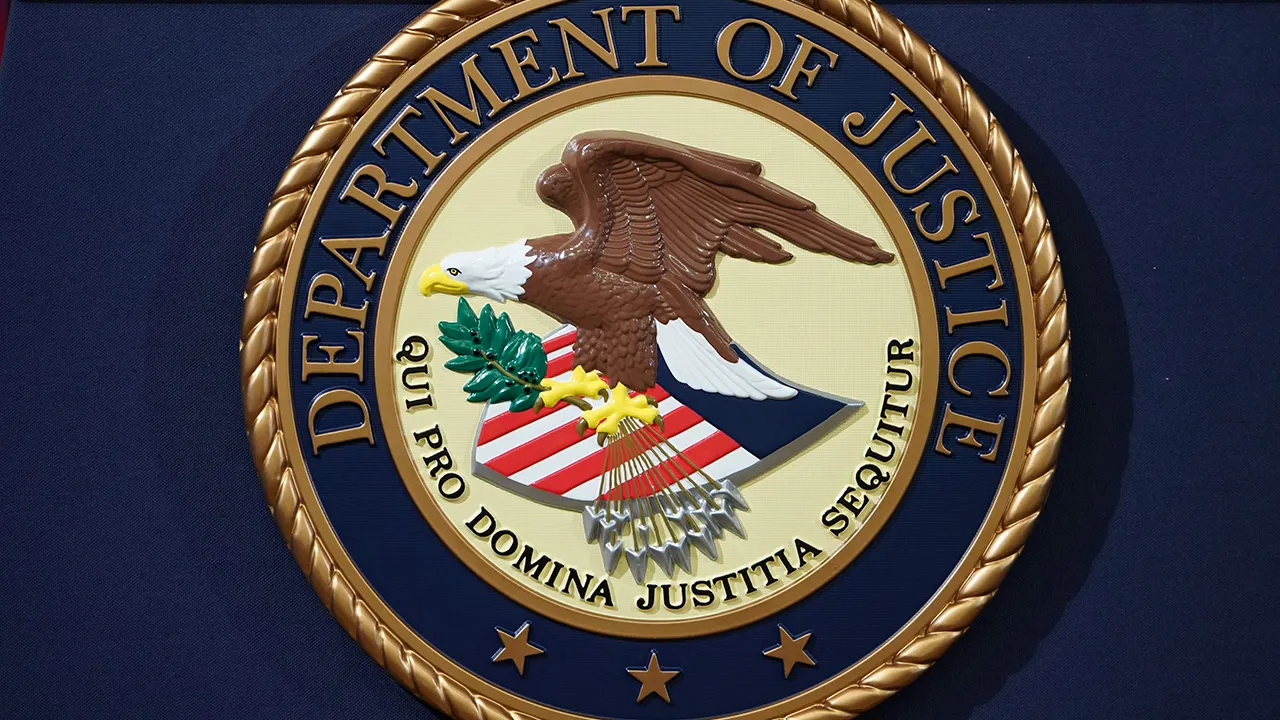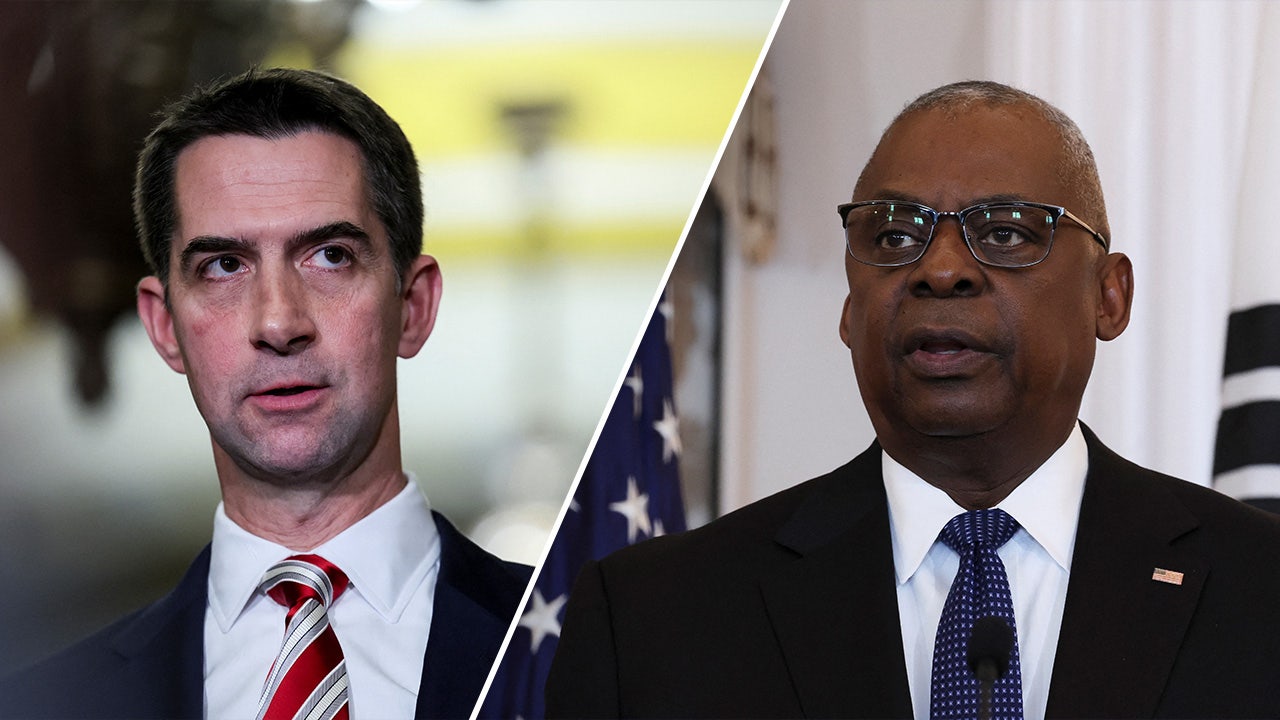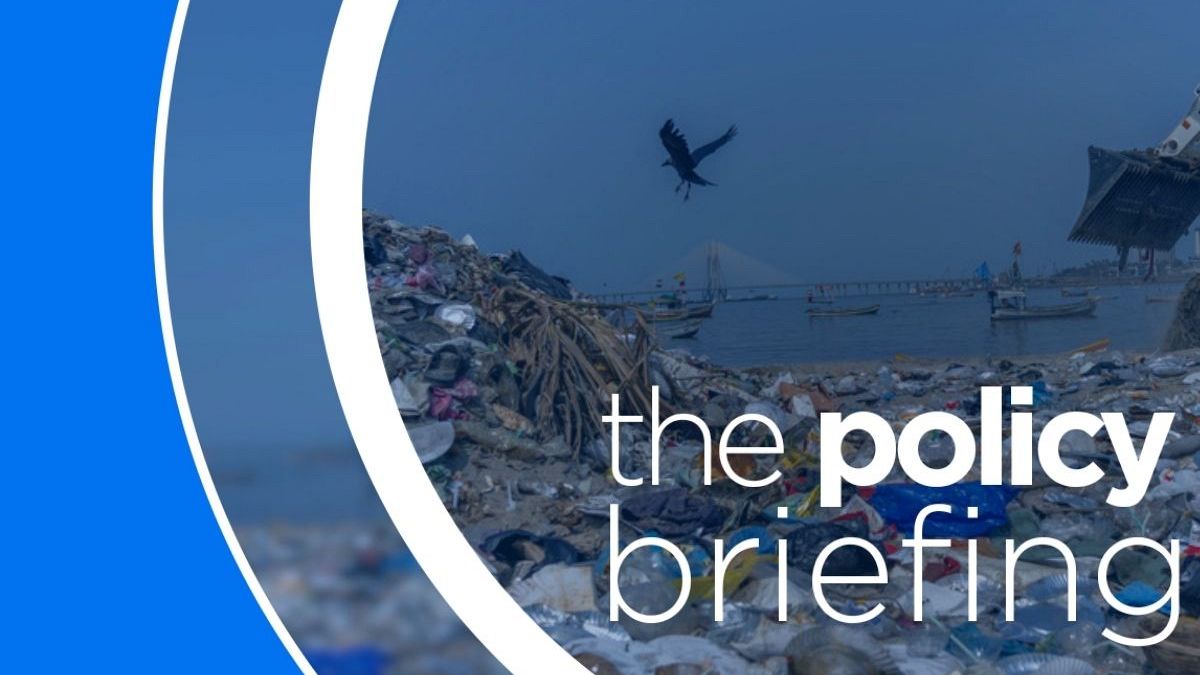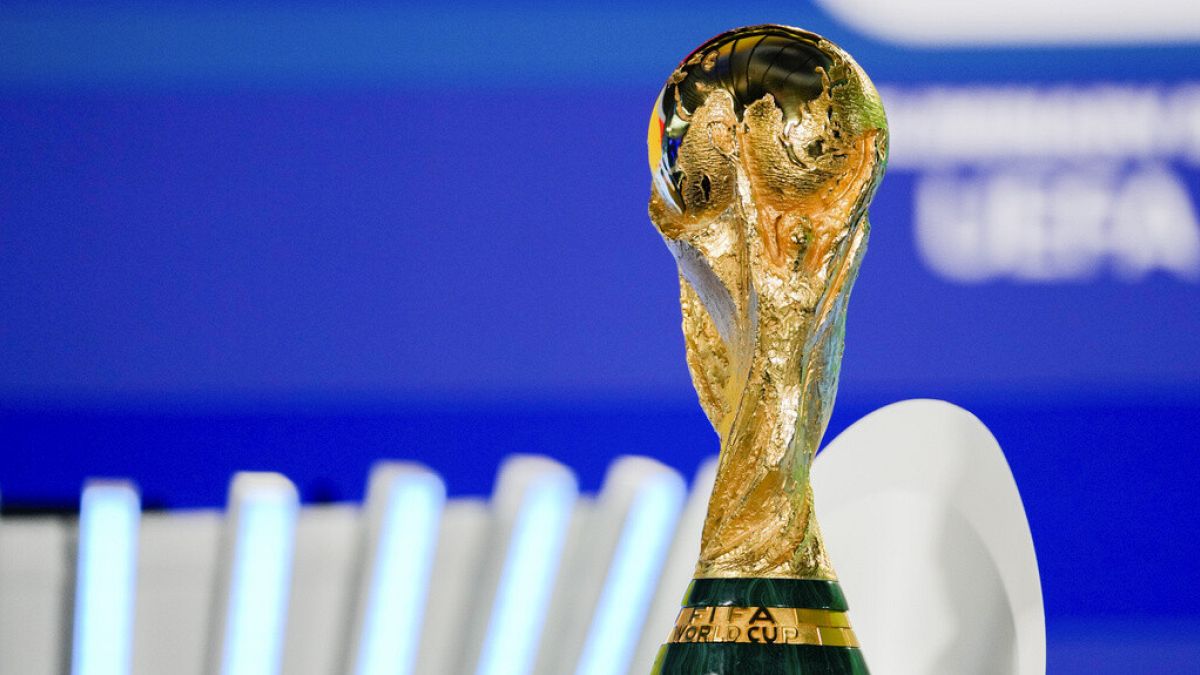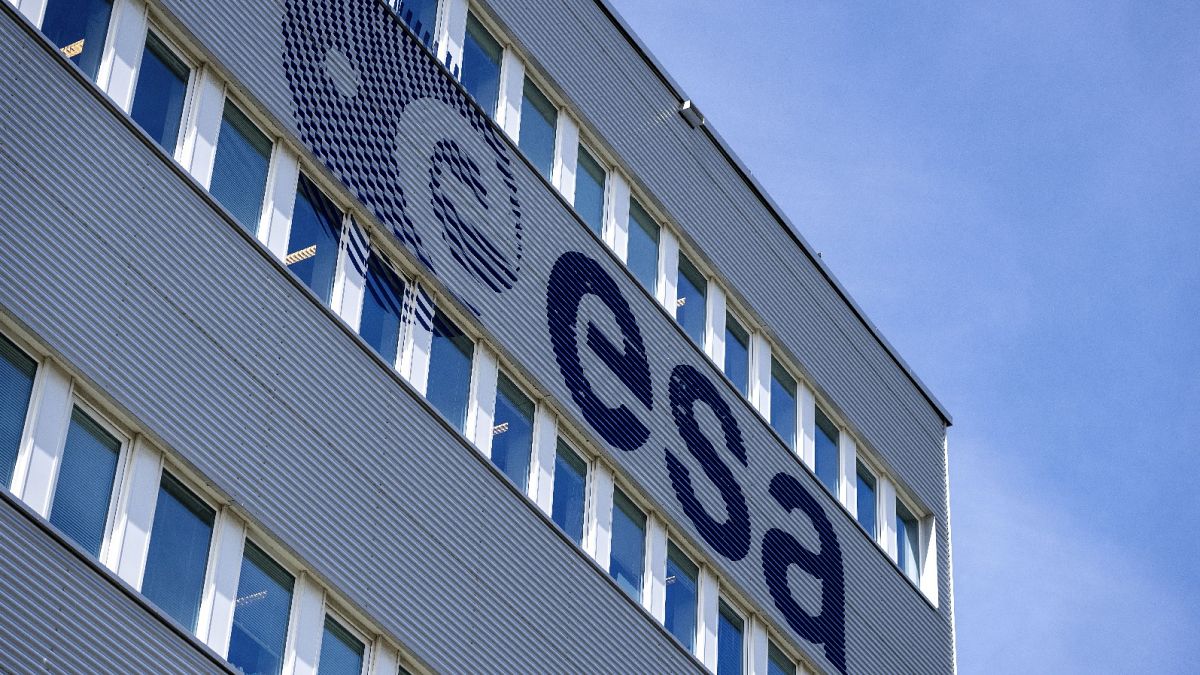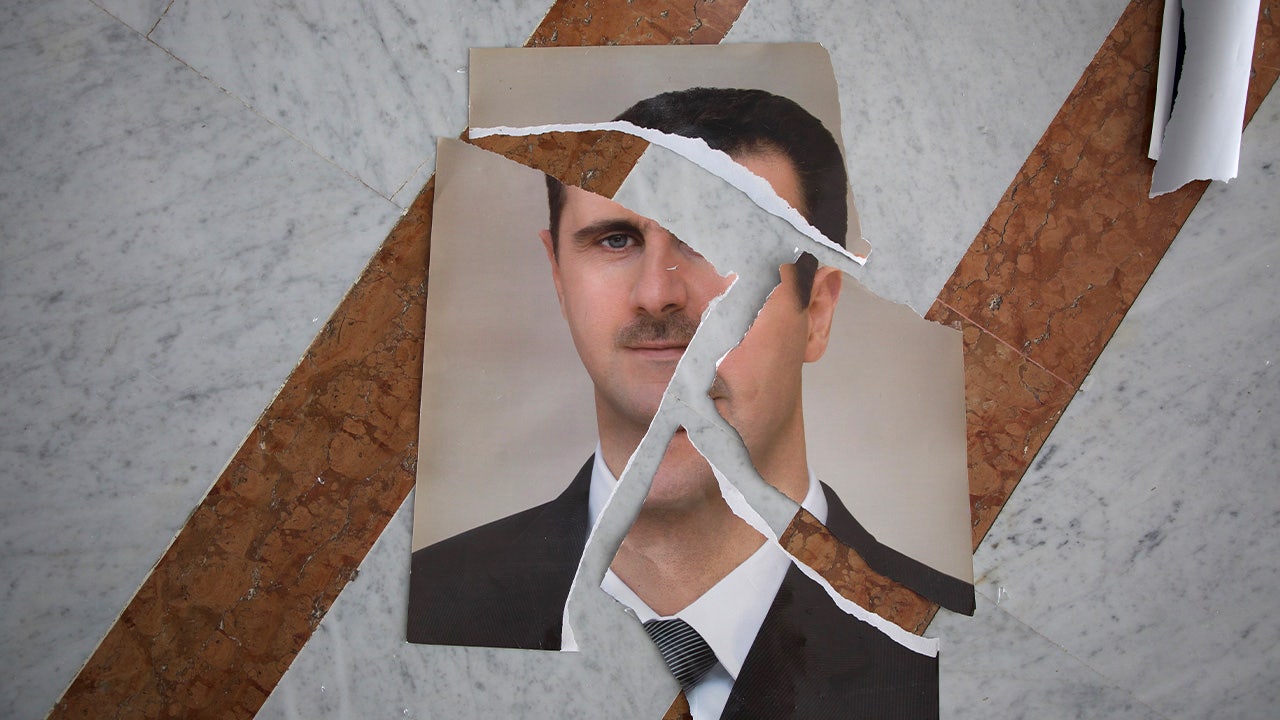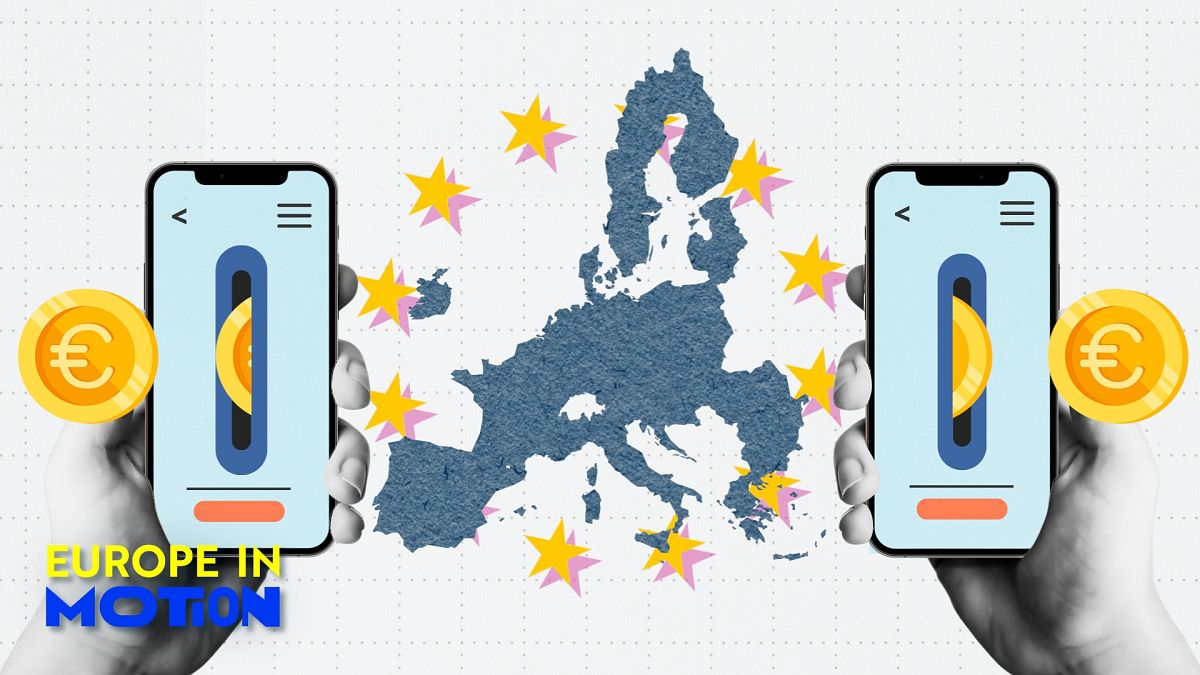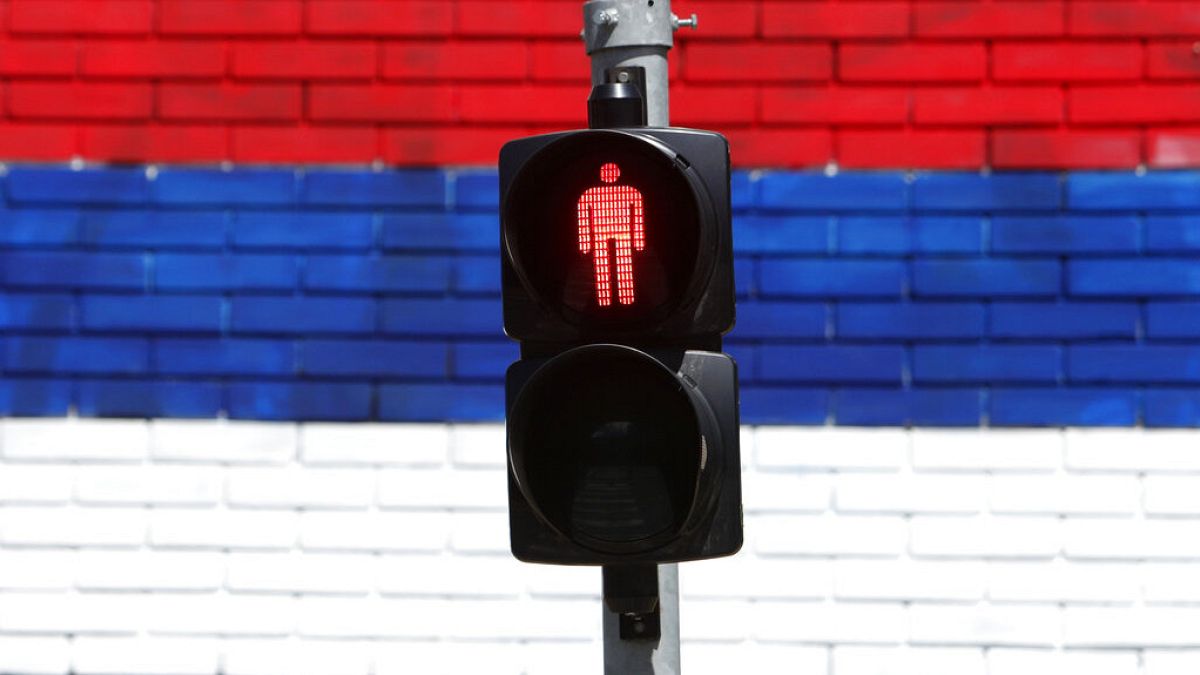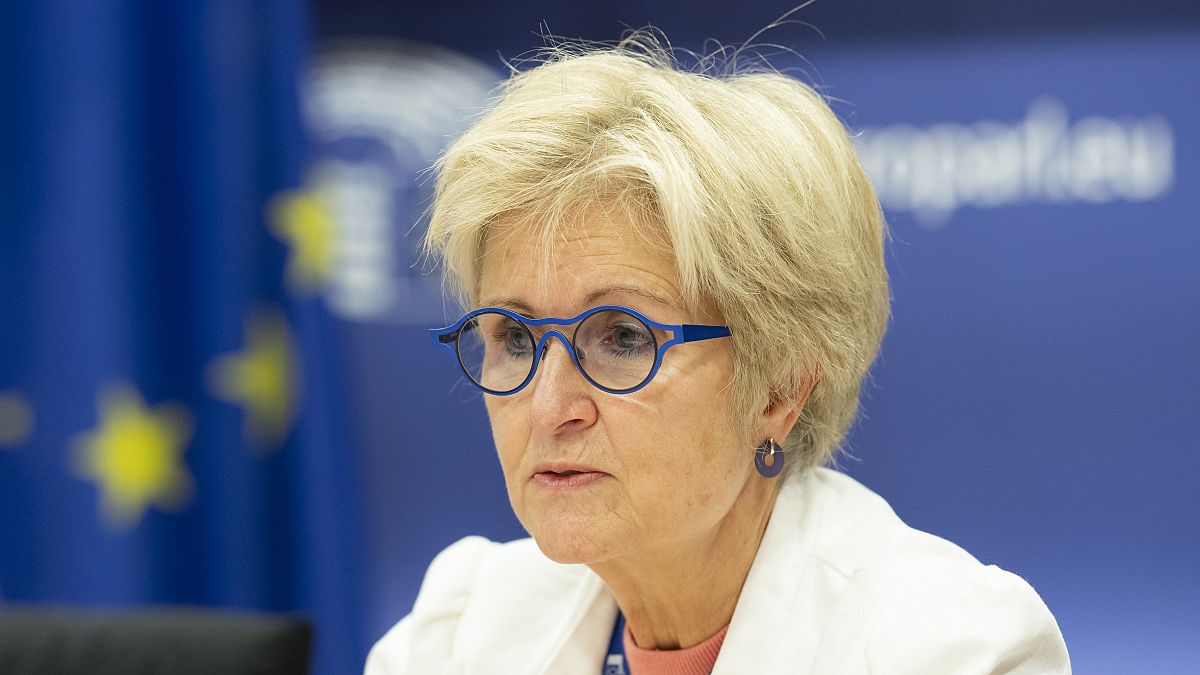This week’s key events presented by Euronews’ EU senior energy and environment reporter Robert Hodgson.
Key diary dates
- Monday 16 December: EU energy ministers meet to discuss future general policy.
- Tuesday 17 December: EU environment ministers debate emissions reduction target 2020.
- Tuesday 17 December: MEPs at Parliament plenary in Strasbourg debate Mis- and disinformation on social media platforms and related risks to the integrity of elections in Europe.
In spotlight
Environment ministers will remind us when they gather in Brussels on Tuesday of two of the main existential threats facing humankind, both of them directly linked to fossil fuels.
In the wake of a COP29 climate summit in Baku, Azerbaijan, they will discuss an emissions reduction target target for 2040 that the European Commission is expected to propose next year, having already indicated its support for a 90% cut from the 1990 baseline.
This could provide an important indication of how far governments remain committed to goal of halting global heating, as enshrined in the 2050 net-zero target, while there is an undeniable sense of climate action fatigue in the air.
And the reluctance – seen at COP29 last month – of rich countries to help poor ones skip the fossil fuelled stage of economic development and move straight to clean energy is mirrored in Brussels with a pushback from the right against environment policy more generally.
The EPP, currently trying to water down rules on car CO2 emissions, has already indicated it is not convinced that a 90% target is achievable, and groups further to the right can be relied on to back up the largest group in the European Parliament if it decides to reject it.
Another issue that was the subject of a recent global summit that met with general disappointment is plastic pollution. The EU has already legislated to ban the deliberate addition addition of microplastic particles to a range of things from lipstick, toothpaste to – most controversially – football pitches.
On Tuesday, ministers are due to reach a joint position on a proposal to limit unintentional microplastic pollution, specifically the release of nurdles, the tiny pellets made from crude oil, the raw material for the production of all things plastic. Residents of coastal areas polluted by million of the pellets earlier this year after shipping containers went overboard might be particularly interested in whether governments – as environmentalists demand and the Hungarian EU Council presidency has proposed – are prepared to extend the scope of the law to the maritime sector.
Ministers will also debate proposed rules for end-of-life vehicles – another potential political weathervane, given that the EPP rapporteur Jens Gieseke this week said there was no point in even discussing the matter until his group’s concerns over CO2 standards had been addressed.
All this will be preceeded by an Energy Council on Monday, where ministers will discuss three issues with a direct bearing on EU climate policy: geothermal energy, an action plan to bolster power grids, and future of energy policy as a whole.
Policy newsmakers
High earners from the Parliament
Around 30% of the European Parliament’s 720 lawmakers collectively earn a side income of over €6.3 million per year, in addition to their MEP salary, according to research published last week. The findings from Transparency International EU show MEPs showed Gheorghe Piperea (Romania/European Conservatives and Reformists) topping the list with an estimated €657,000 per year in outside income – chiefly from the law firm he founded. He’s followed in the rankings by French doctor Laurent Castillo.
Policy Poll
Data brief
Read the full article here



